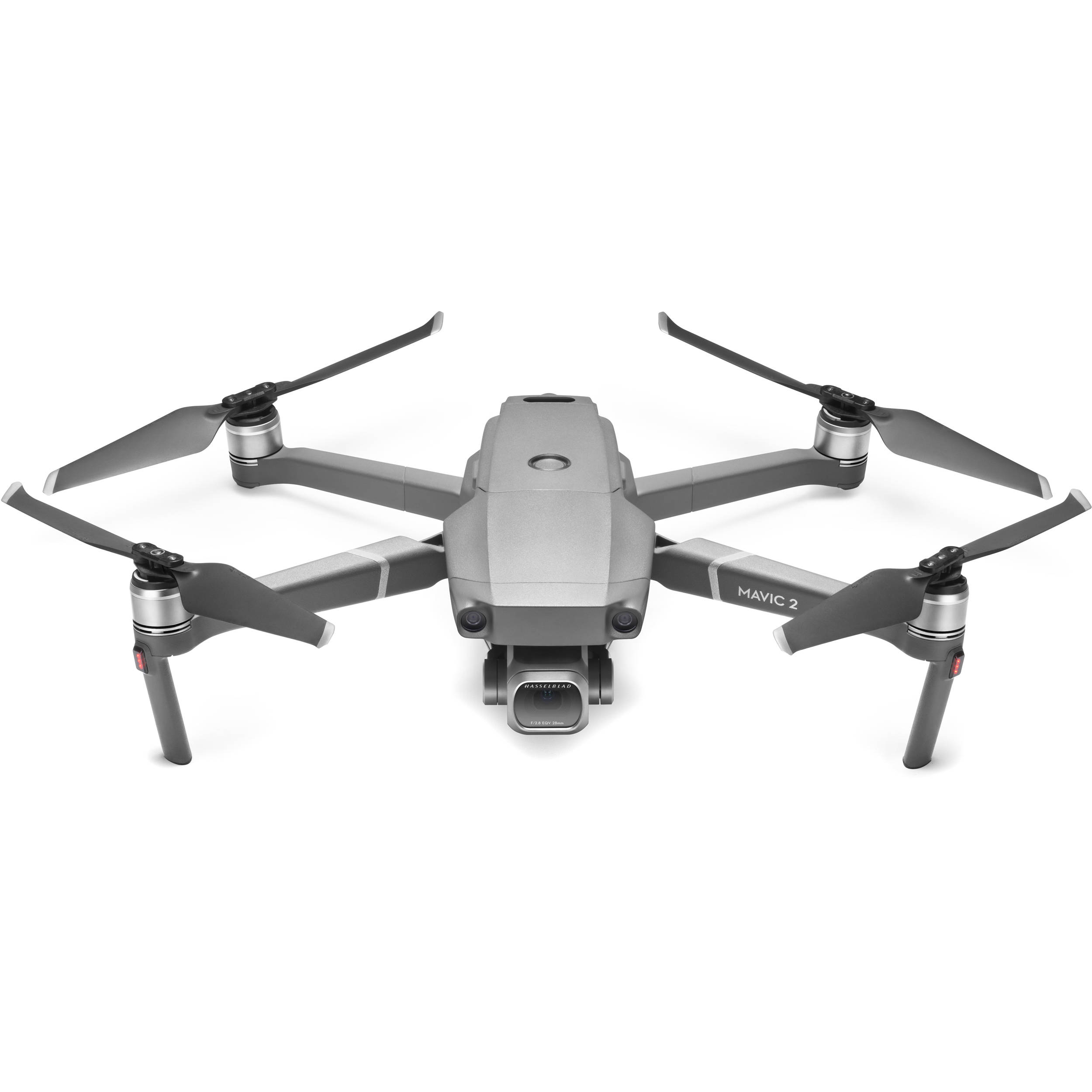PERMISSION TYPESThe Options
- Recreational Use
- Commercial Use
No Permission Required!
But…
You will have to follow the DRONE CODE, which states:
- Always keep your drone in sight;
- Max Altitude is 400ft (121m);
- Stay 150ft (50m) away from people & property;
- Stay 500ft (150m) away from crowds & built-up areas;
- If your drone weighs between 250gr & 20Kgs, you must pass the drone test and register with the CAA (from 30th November);
- Stay well away from airports & airfields. Check the DRONE CODE for specifics.
- You are responsible for each flight;
Apps
Drone Assist (Android | Apple) is the new drone safety app from NATS, the UK’s main air traffic control provider, powered by Altitude Angel. It presents users with an interactive map of airspace used by commercial air traffic so that you can see areas to avoid or in which extreme caution should be exercised, as well as ground hazards that may pose safety, security or privacy risks when you’re out flying your drone.
It also contains a ‘Fly Now’ feature that enables you to share your drone flight location with other app users and the wider drone community, helping to reduce the risk of a drone related incident in the UK’s airspace.
Additional information can be found on the Civil Aviation Authority website (www.caa.co.uk). The information above is correct at the time of publishing and is subject to change. City Drones (and subsidiaries) are not responsible or liable for any actions you take. [29/10/2019]
A Permission for Commercial Operation (PfCO) is Required
This permission enable operations beyond the normal bounds of the regulations laid down within the Air Navigation Order (ANO), provided that the CAA is satisfied that this can be achieved in a safe manner.
Permissions and/or exemptions are valid for up to 12 months and are subject to an annual renewal. The CAA is required to make a charge for these.
NQEs
The CAA does not organise or run assessment courses but have approved commercial organisations, known as National Qualified Entities (NQEs) to do this assessment on their behalf. A list of NQEs can be found here.
Course & Tests
A typical NQE full-course involves:
- pre-entry/online study
- 1-3 days of classroom lessons and exercises
- a written theory test
- a flight assessment
After successfully completing the theory element, you will need to:
- develop an operations manual;
- practice aircraft operation/flying skills for the practical flight assessment.
Flight assessments are normally arranged and completed at your own pace:
- they are usually arranged separately but may be available on the last day of the course
- they have no structured syllabus or sequence of numbered exercises, but the test will be based on testing the procedures that have been described within the applicant’s operations manual
Once all of the above has been successfully completed, you will be able to submit all the paperwork (or your NQE on your behalf) to the CAA and within 29 working days you may get your PfCO.
PfCO Renewal
You will have to renew your PfCO every year and there is a cost.
Registration
From 30th November 2019 you will have to register as a drone pilot with the CAA on top of the above permission. Information can be found here.
Additional information can be found on the Civil Aviation Authority website (www.caa.co.uk). The information above is correct at the time of publishing and is subject to change. City Drones (and subsidiaries) are not responsible or liable for any actions you take. [29/10/2019]


